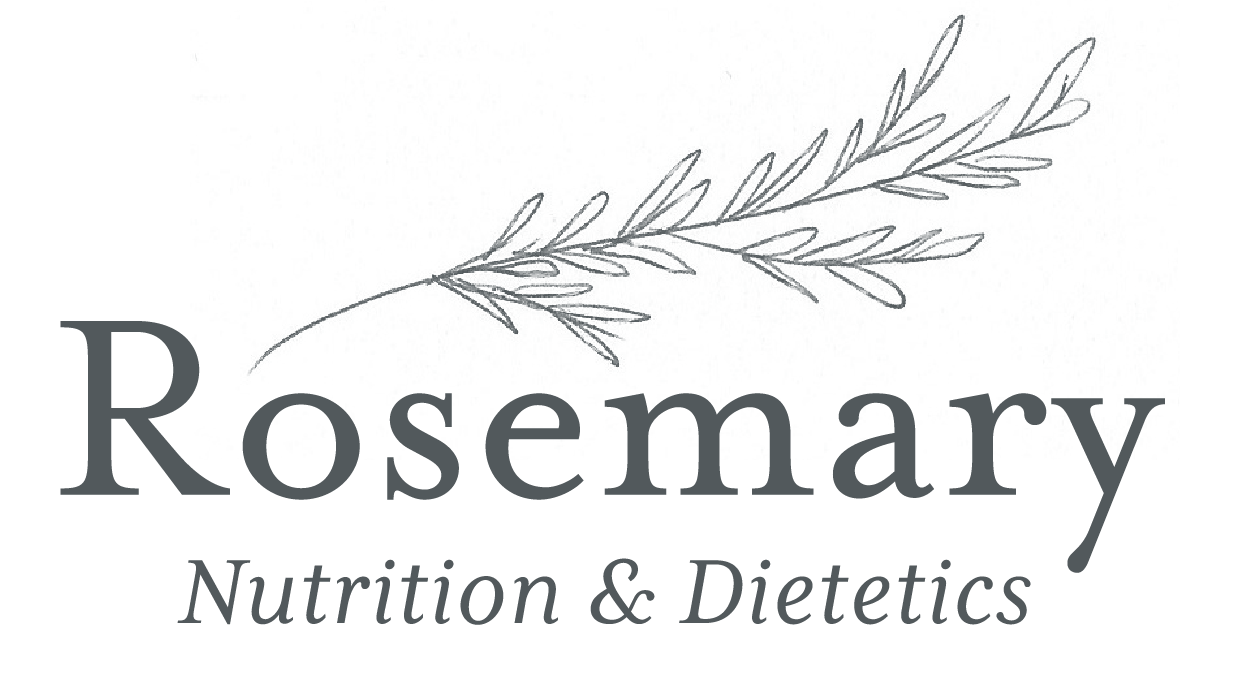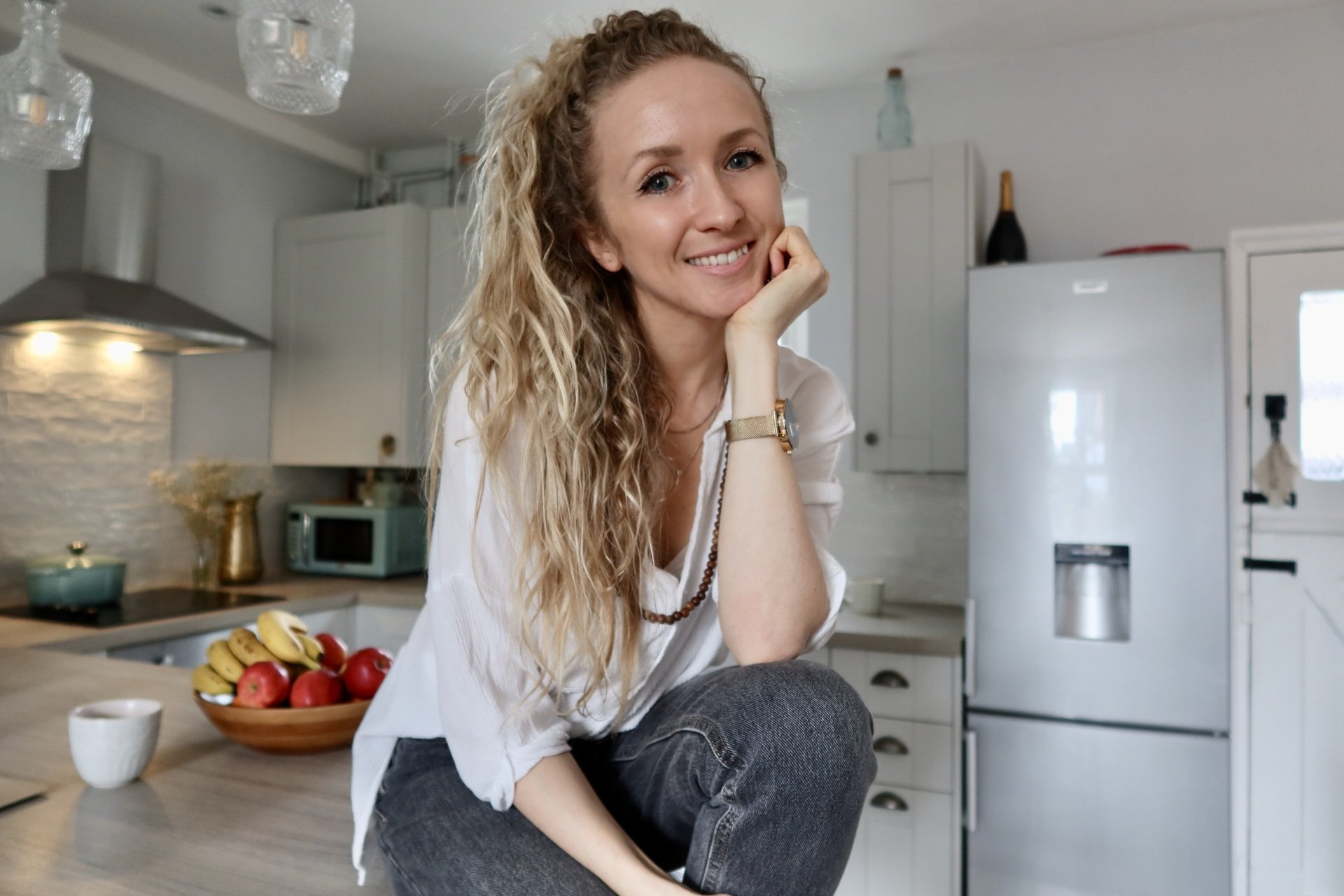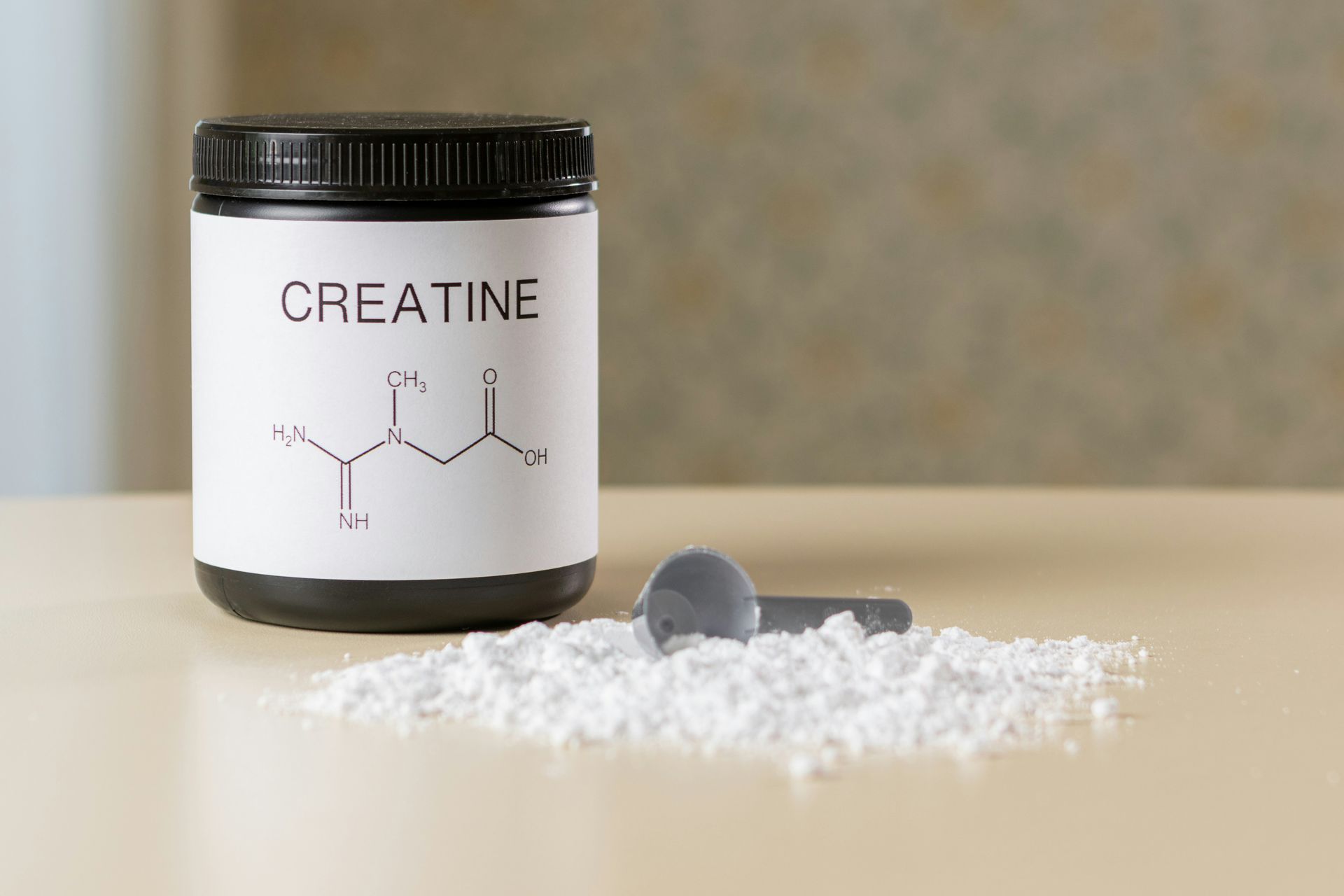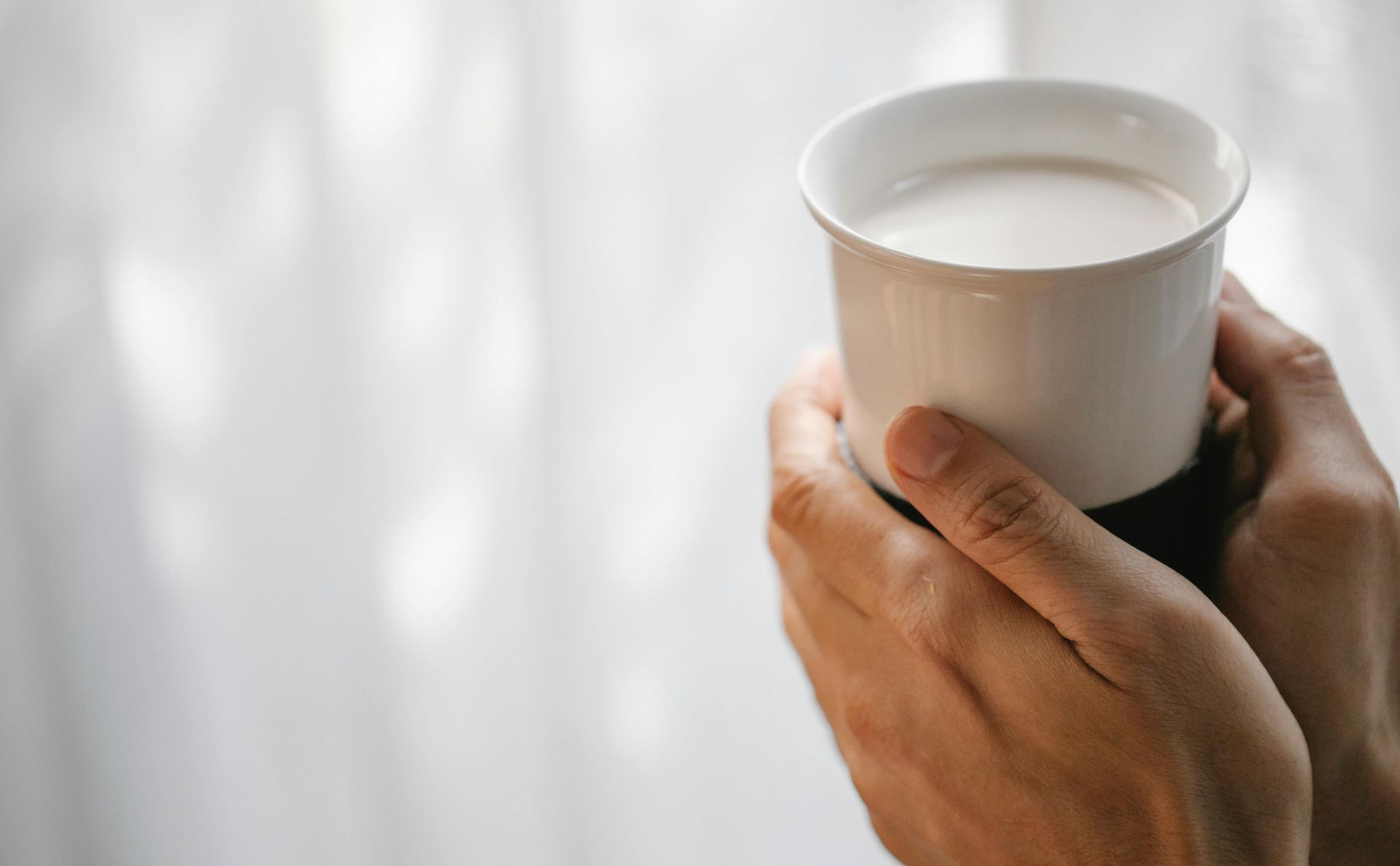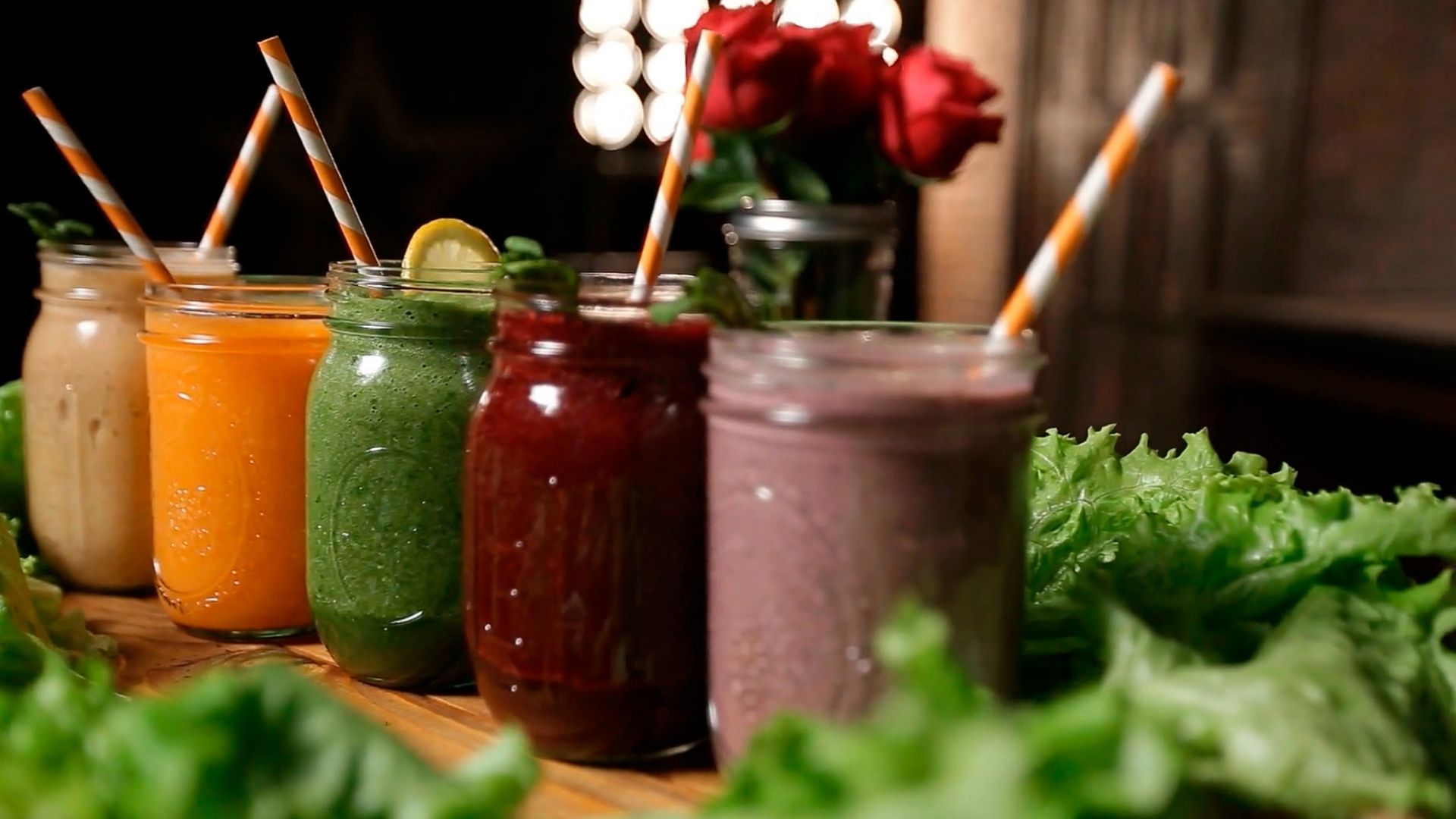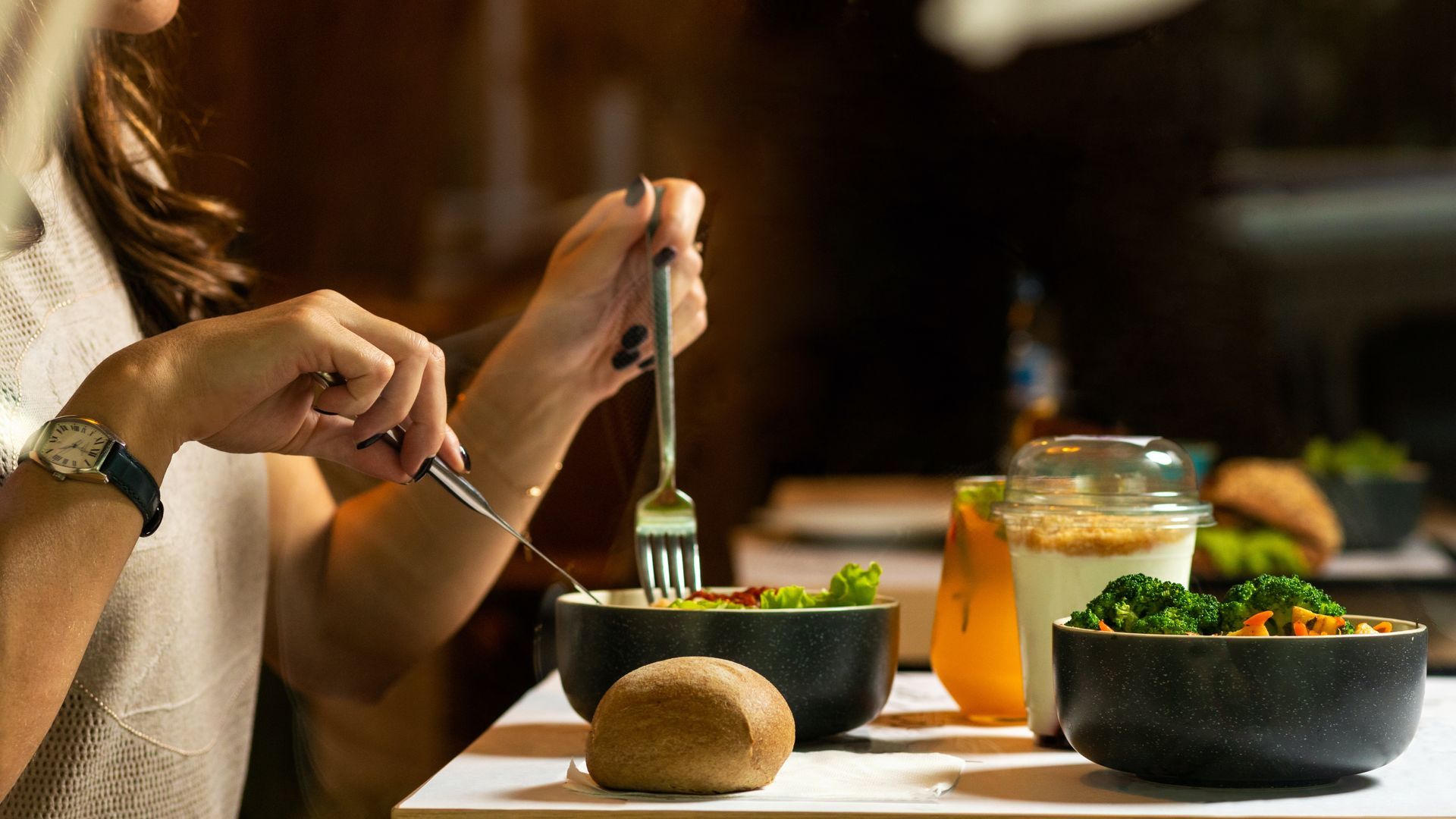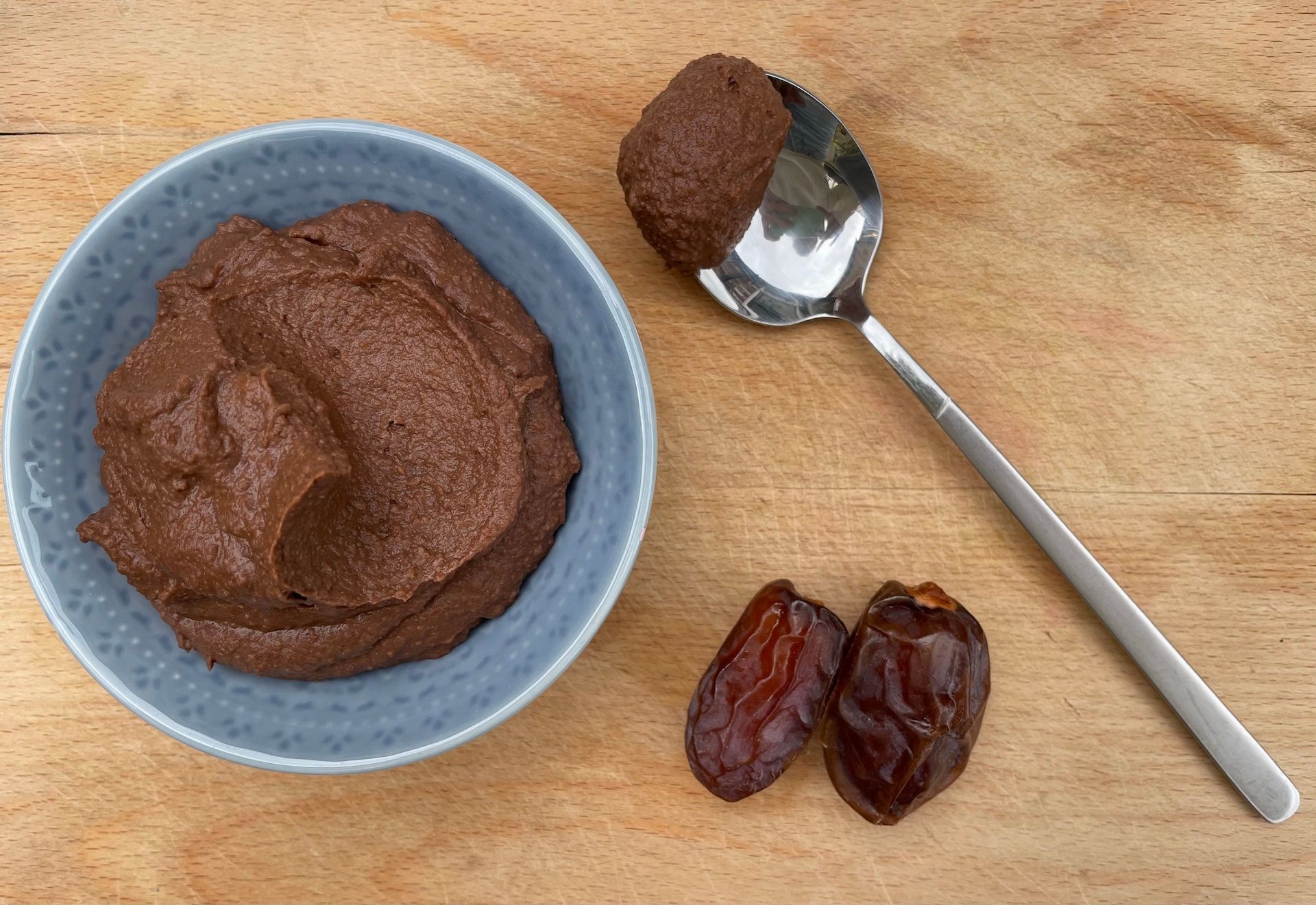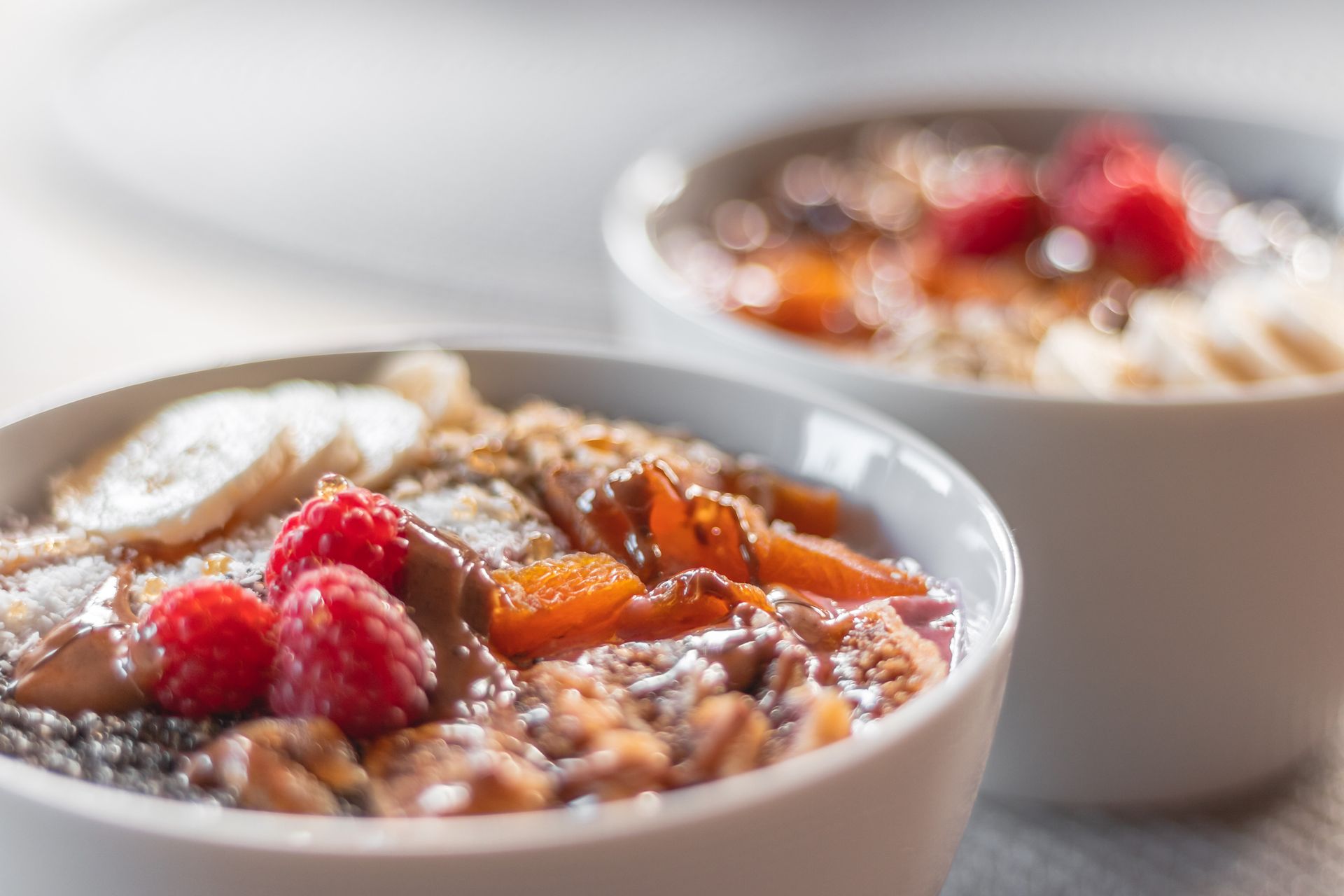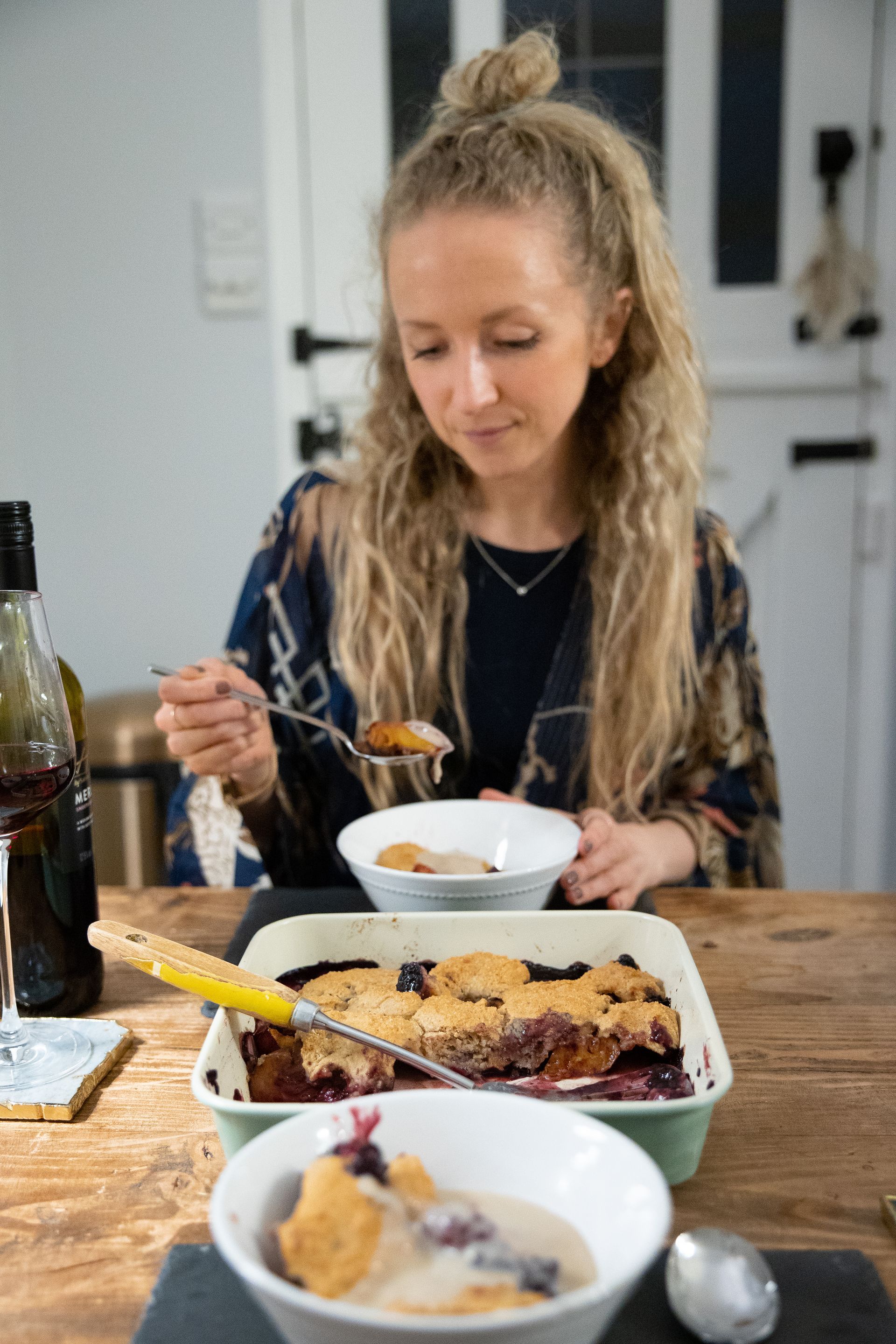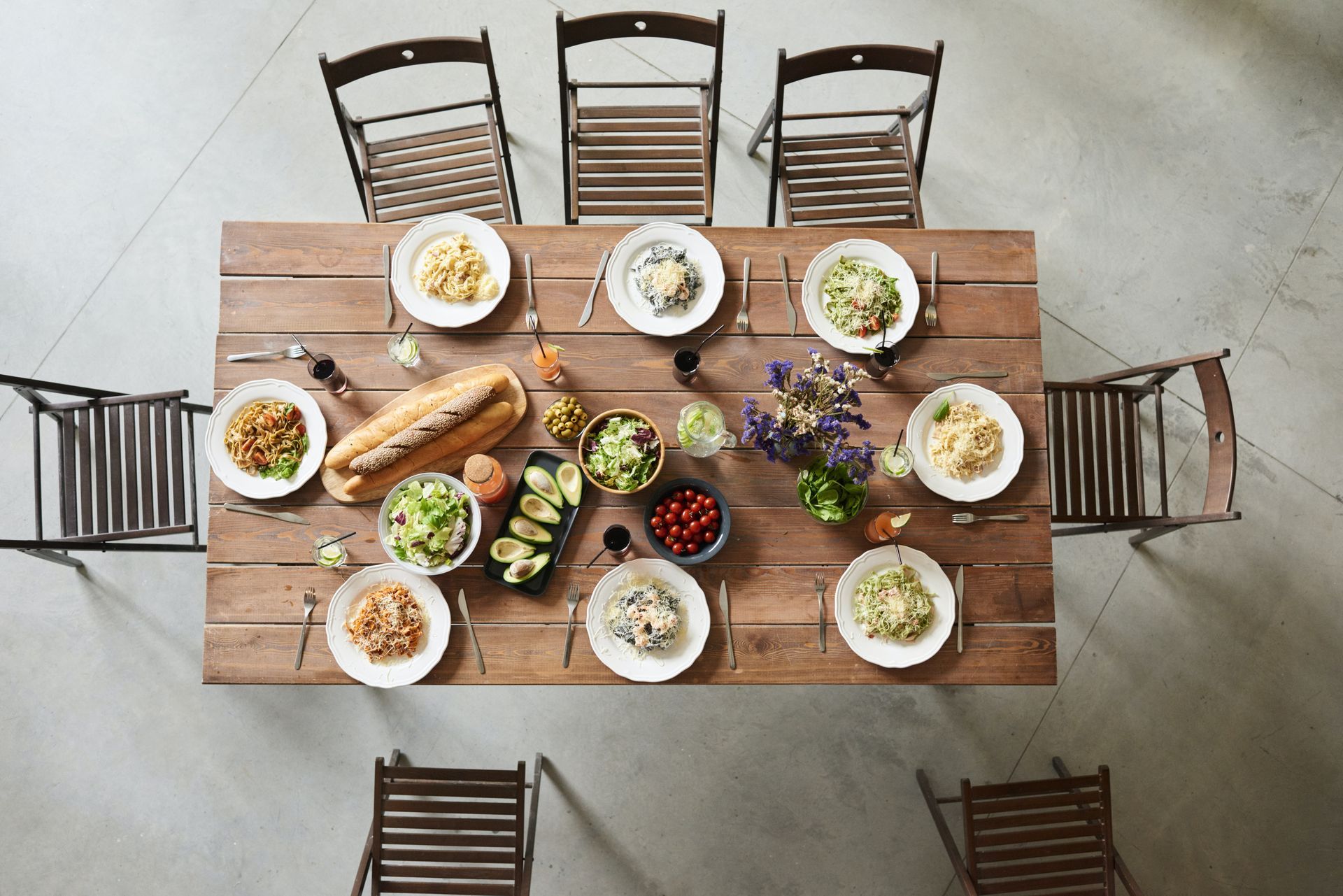Say Hello
Join our newsletter
Join our newsletter
Diet and Blood Pressure
Blood pressure
You may be familiar with the term ‘blood pressure’. Many of us will have had it checked at routine appointments with our doctor or nurse. But why does blood pressure matter? And what can we do to get our numbers into a ‘healthy’ category?
Blood pressure is measured using two numbers; systolic blood pressure (the first number), and diastolic blood pressure (the second number). These numbers refer to the force and resistance our blood vessels are experiencing as our heart beats and relaxes to send blood around our bodies. High blood pressure is known as ‘hypertension’. A blood pressure reading between 90/60mmHg and 120/80mmHg is considered ‘normal’ in the UK. If it is 140/90mmHg or higher, you will be considered to have hypertension1. Hypertension is common and known to affect 25% of the UK population. The problem is, many people don’t know they have it until it’s too late.
What are the risks?
With high blood pressure comes additional strain on organs including your heart, eyes, brain and kidneys. If your blood pressure stays high, you may have an increased risk of other complications such as heart attacks, strokes, kidney disease or vascular dementia1.
Hypertension can go unnoticed for a long time, and is often picked up incidentally. This is because there are often no symptoms indicating a problem until it starts to cause symptoms such as blurred vision, dizziness, headaches, shortness of breath and nose bleeds2. Hypertension can be considered a silent killer, in fact, around half of all heart attacks and stroke are attributable to high blood pressure.
So as you have probably gathered, in order to promote a longer and healthier life, we want to keep our blood pressure within a normal, healthy range. Unfortunately, as we get older, our blood vessels naturally lose some of their ability to stretch to allow blood flow, meaning our risk for hypertension increases. But it’s certainly not all about age! There are many diet and lifestyle factors that have a huge influence on either promoting or preventing chronic hypertension3.
Does diet influence blood pressure?
In short, the answer is yes. A 2014 meta-analysis (a study that combines the results of multiple scientific studies) found that vegetarians had lower blood pressure than meat-eaters, indicating that a plant-based diet is beneficial for regulating blood pressure4. Another article published in 2017 reviewed the evidence and concluded that ‘a diet that is mostly or exclusively plant-based appears prudent for the prevention and treatment of hypertension’5.
A diet that has been specifically designed to support lowering blood pressure is called the DASH diet (Dietary Approaches to Stop Hypertension) and it has been found to lower blood pressure by up to 11mmHg6. The DASH diet is low in saturated fat, cholesterol and refined or ‘white’ carbohydrates, and high in plant foods and low-fat dairy. The DASH diet may provide a good approach for those who are not ready to completely remove animal products from their diet, but with the research indicating that the more plants foods and the less meat and dairy, the better chance of reducing blood pressure and risk of heart disease, a fully plant-based diet could be the best way to go. In fact, the DASH diet was designed as a ‘palatable’ way to reduce blood pressure for the general population, not because it holds any further benefits from including animal-based foods7.
So how does eating more plants change the pressure in our blood vessels? There are a number of different mechanisms thought to link a plant based diet with improved blood pressure readings. These include improved vasodilation (the ability for the blood vessels to increase in diameter and allow more blood flow), the anti-inflammatory aspect of whole, plant foods, the superior anti-oxidant content, the potassium and nitrate content of plant-centred diets, improved insulin sensitivity, decreased blood viscosity, and modification of the gut microbiota, among others5.
If you are moving towards a more plant-based diet, you may also find that you lose weight. This is additionally beneficial as there is a strong link between blood pressure and a high body weight. A weight loss of just 5-10% of your starting weight is clinically significant in improving health3. But everyone is different, so you may wish to consult with a health care provider
to ensure you are approaching weight loss in a way that suits your individual needs.
Should we be concerned about salt?
Those who have a lot of salt in their diet are at a higher risk of high blood pressure and heart disease, so yes, we should be keeping an eye on our intake of the white stuff.
One of the main ways that we get salt in our diet in our modernised world is through pre-packaged, ready-made processed foods. A massive ¾ of the salt we consume is through these foods, so if you rely on lots of convenience foods (yes, even vegan ones!), cooking from scratch more often is a great first step. Aside from this, try to minimise the salt you add during cooking, and just use a pinch when serving a meal… if it’s needed – taste your food first!. Herbs, spices, lemon juice, onion and garlic are great ways to increase the flavour of your food without additional salt. Avoid salt substitutes (made from potassium chloride) as it won’t help your tastebuds adapt to a less salty meal, and it can be harmful for those with kidney or heart issues6.8.
What about other aspect of my lifestyle?
Alcohol
As with most conditions, alcohol can worsen your blood pressure readings and damage your heart. The recommendation for alcohol intake for both men and women is 14 units per week (about 6 pints of beer or 6 glasses of wine). If you drink, spread your alcohol intake over a few days, but try to have several alcohol-free days each week too3,9. If you are struggling with your blood pressure, limiting alcohol as far as you can is probably a wise decision.
Caffeine
Caffeine from tea, coffee and cola could be a contributor to raised blood pressure. If you regularly consume these, reducing them gradually in your diet can support improved blood pressure readings9.
Stress
Stress is often part and parcel of everyday, modern life. But finding a way to respond and mitigate the impact of stress is beneficial to health and normalising blood pressure10. Relaxation techniques such a breathing deeply, meditation, yoga, or going for a walk or swim can help reduce stress. Having a good sleep routine can also help with stress and also food choices (read more about nutrition and sleep here).
Exercise
Keeping active in your daily life will support a healthier blood pressure9. As a general rule, aim for 2 hours and 30 minutes of movement each week; this seems like a lot, but you can split this down into 5x 30 minutes or even 15 x 10 minutes. Aim to do something that makes you feel warmer, breathe harder, and your heart beat faster.
Rosie's top tips for hypertension
- Include more plant foods in your diet (here’s how)
- Swap white carbohydrates for whole grains
- Limit or completely avoid animal foods
- Cook from scratch
- Reduce added salt
- Monitor and limit your alcohol and caffeine intakes
- Move your body
- Take part in activities you enjoy and help you relax
- Focus on getting enough sleep
Don’t forget to follow your doctors instructions and advice when it comes to blood pressure. Medications are an important and useful first-line tool to reduce risk the of complications. If you are making lifestyle changes alongside medication, keep an eye on your readings and your doctor informed as your medication may need adapting.
Rosie is a plant-based registered dietitian working both in the NHS and freelance. You can contact her with any queries via Rosemary Nutrition & Dietetics at rosie@rosemarynutrition.co.uk
References
1. https://www.nhs.uk/conditions/high-blood-pressure-hypertension/
2. https://www.bhf.org.uk/informationsupport/risk-factors/high-blood-pressure/symptoms-and-treatment
3. https://www.bda.uk.com/resource/hypertension-diet.html
4. https://pubmed.ncbi.nlm.nih.gov/24566947/
5. https://www.ncbi.nlm.nih.gov/pmc/articles/PMC5466938/
6. https://pubmed.ncbi.nlm.nih.gov/9099655/
7. https://pubmed.ncbi.nlm.nih.gov/7795829/
8. https://pubmed.ncbi.nlm.nih.gov/14974027/
9. https://www.nice.org.uk/guidance/ng136/chapter/Recommendations#treating-and-monitoring-hypertension
10. https://pubmed.ncbi.nlm.nih.gov/19347197/
